Filter by
The language used throughout the course, in both instruction and assessments.
Results for "crisis+intervention"
 Status: Free
Status: FreeUniversity of Geneva
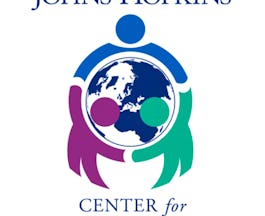
Johns Hopkins University

American Psychological Association
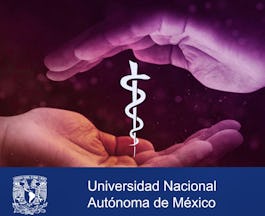 Status: Free
Status: FreeUniversidad Nacional Autónoma de México
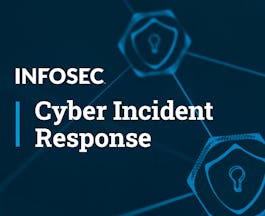
Infosec
Skills you'll gain: Computer Security Incident Management, Leadership and Management

University of Colorado Boulder
Skills you'll gain: Business Communication, Communication, Market Research, Marketing, Public Relations, Research and Design

Tecnológico de Monterrey
Skills you'll gain: Leadership and Management, Critical Thinking, Leadership Development, Decision Making, Human Resources, Emotional Intelligence, People Analysis, Strategy, Human Learning, Organizational Development, Problem Solving, Strategy and Operations, Business Psychology, Communication, People Development, People Management, Conflict Management, Employee Relations, Resilience

ESSEC Business School
Skills you'll gain: Communication, Negotiation
 Status: Free
Status: FreeUniversity of Geneva
Skills you'll gain: Communication
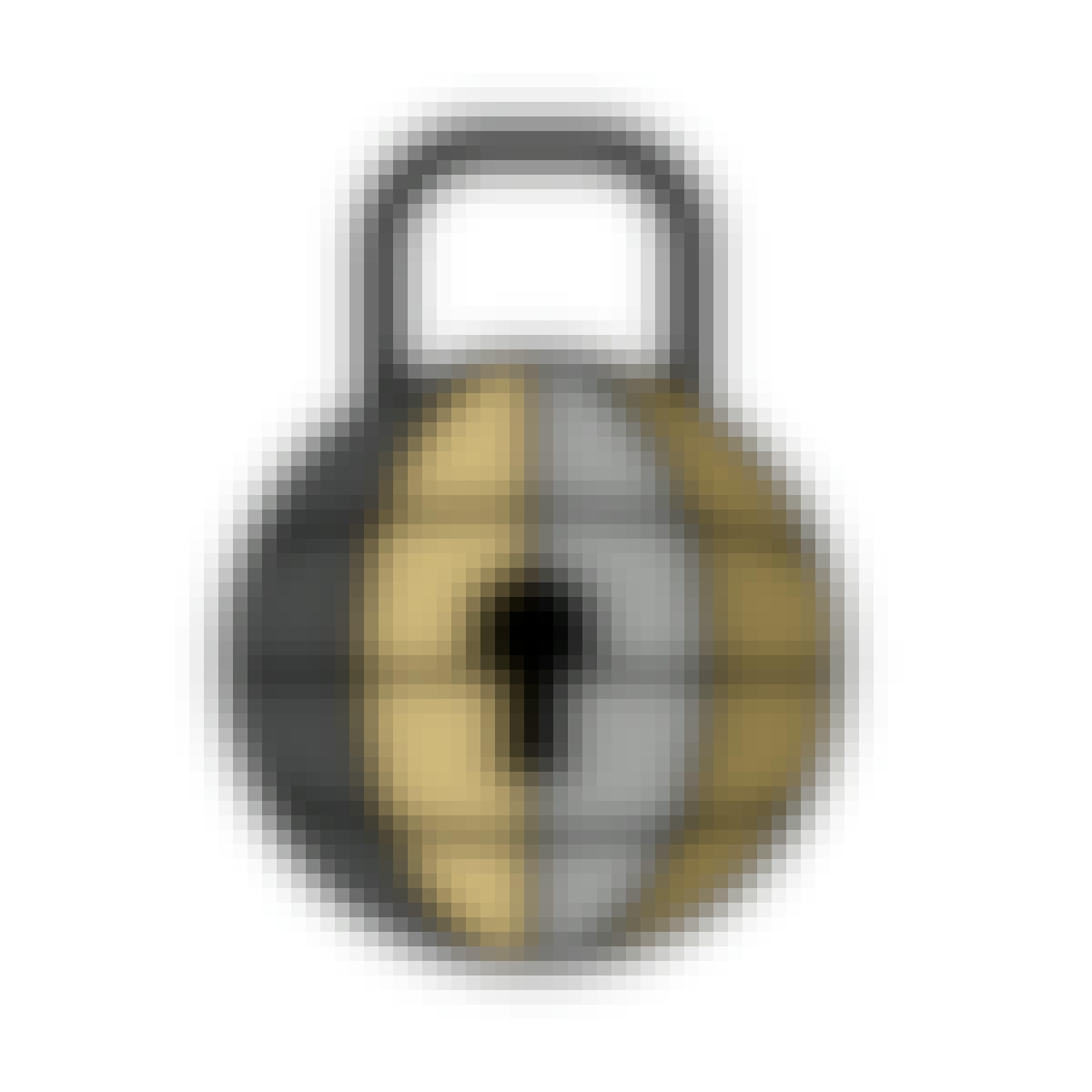
University of Colorado System
Skills you'll gain: Security Engineering, Risk Management, Security Strategy, System Security, Cyberattacks, Leadership and Management, Computer Security Incident Management, Finance
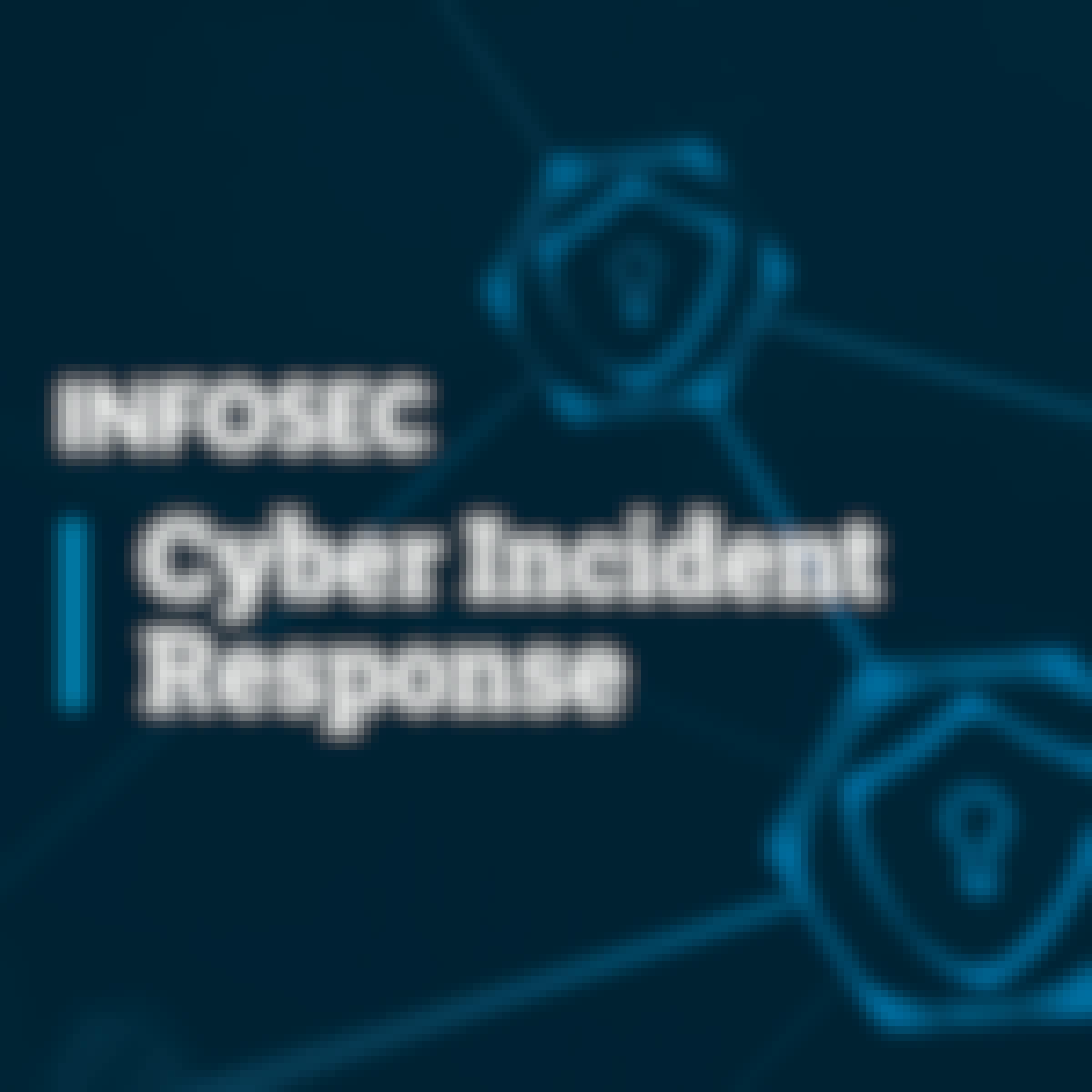
Skills you'll gain: Computer Security Incident Management
In summary, here are 10 of our most popular crisis+intervention courses
- Troubles du spectre de l'autisme : interventions: University of Geneva
- Incident Response and Recovery: ISC2
- Public Health in Humanitarian Crises 1: Johns Hopkins University
- Psychology of Anxiety, Mood, Substance Use, and Addictive Behaviors: American Psychological Association
- La solución del conflicto ético: Universidad Nacional Autónoma de México
- Cyber Incident Response: Infosec
- Strategic Communication Campaigns: University of Colorado Boulder
- Leadership and Critical Thinking: Tecnológico de Monterrey
- Negotiation, Mediation, and Conflict Resolution - Capstone Project: ESSEC Business School
- Mentaliser : de la théorie à l’intervention clinique: University of Geneva











